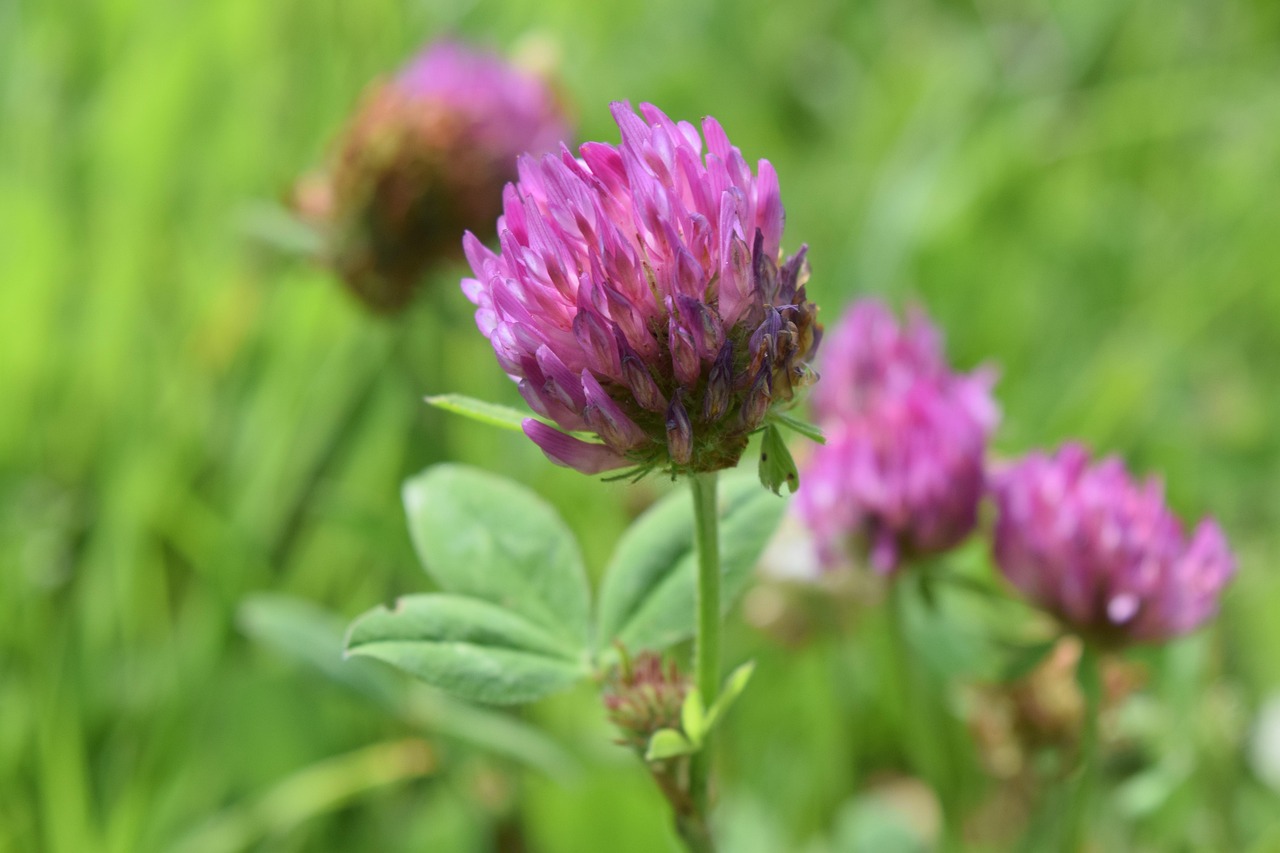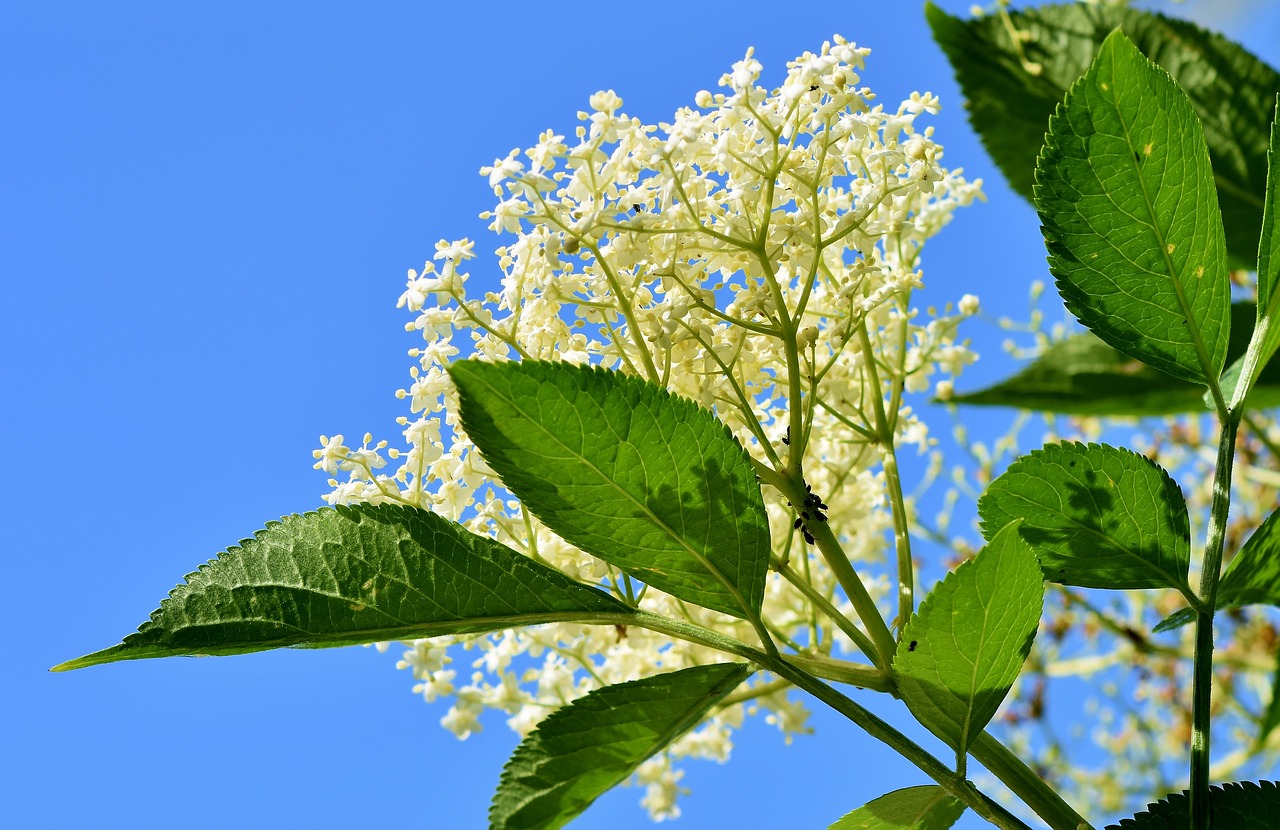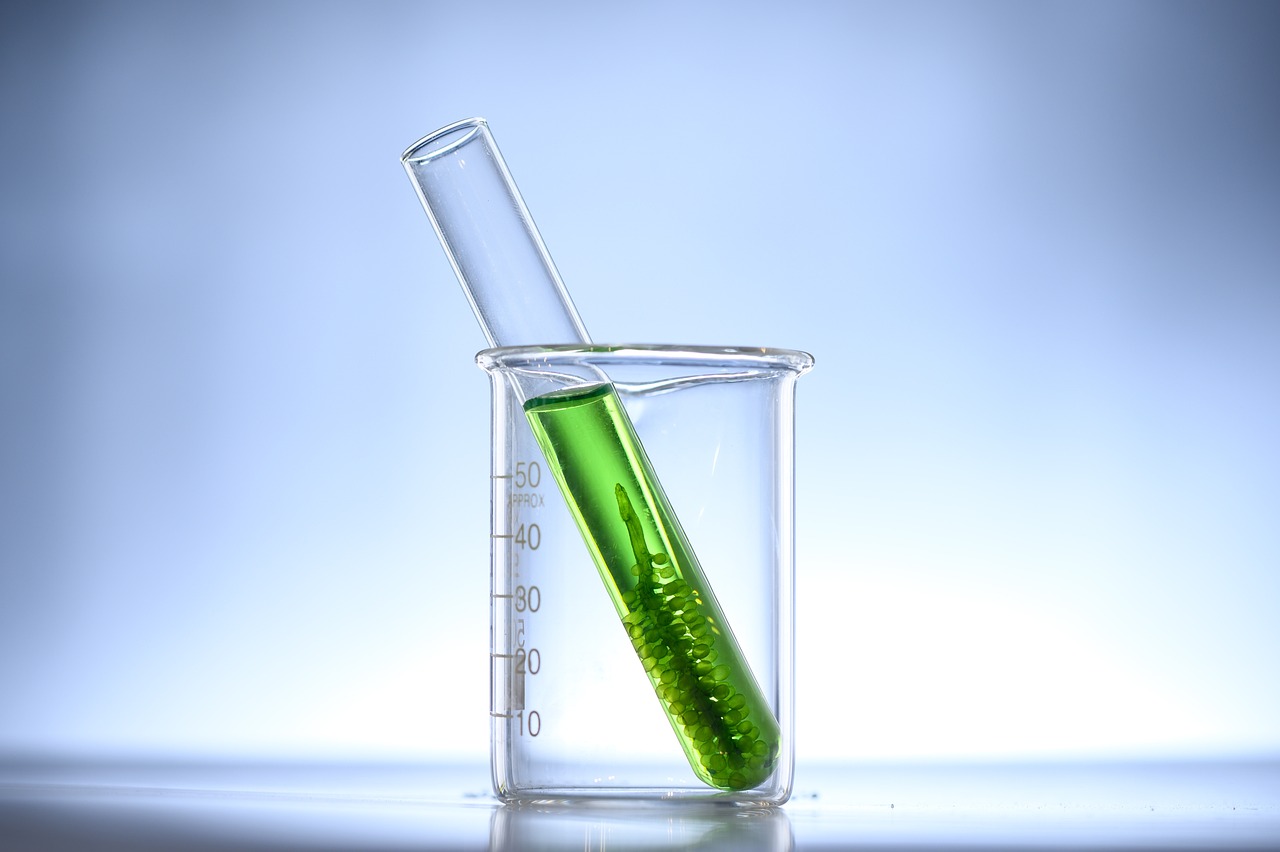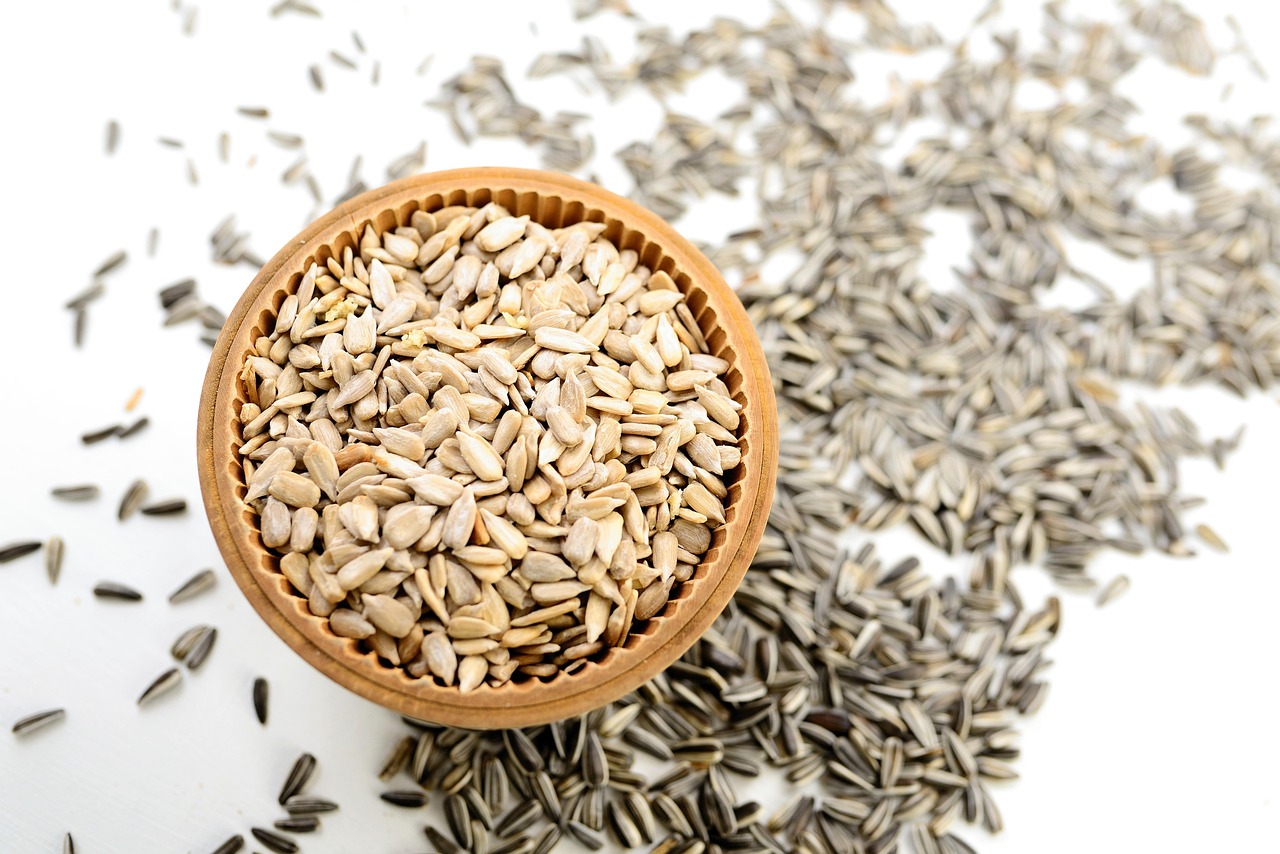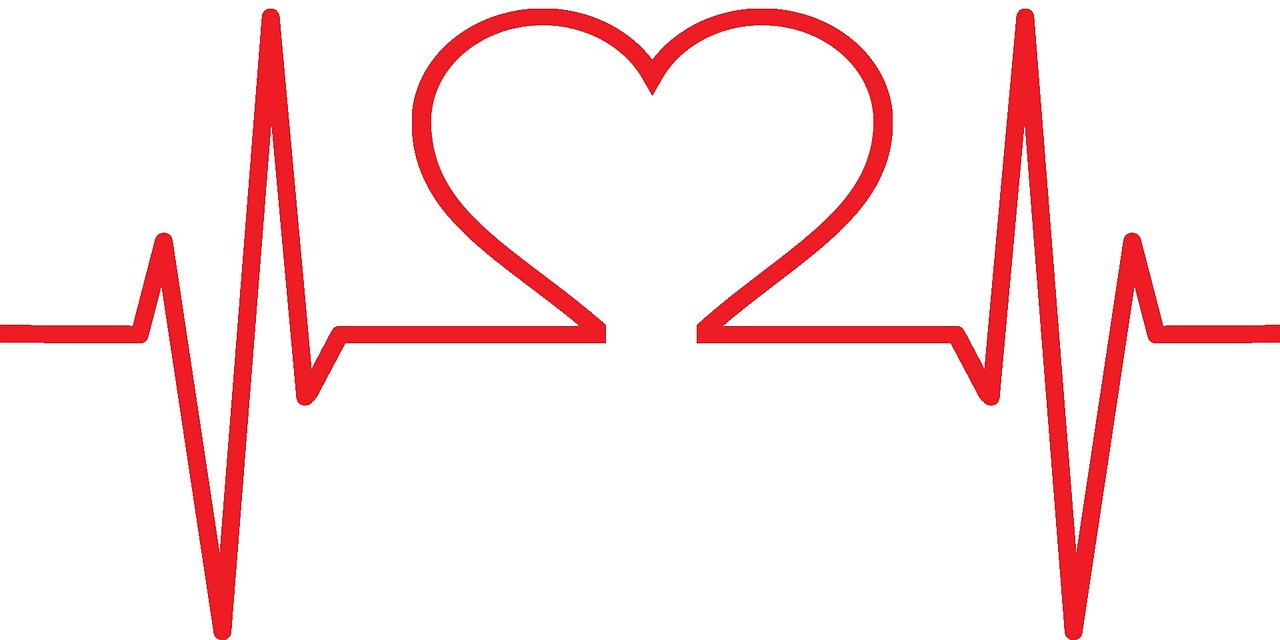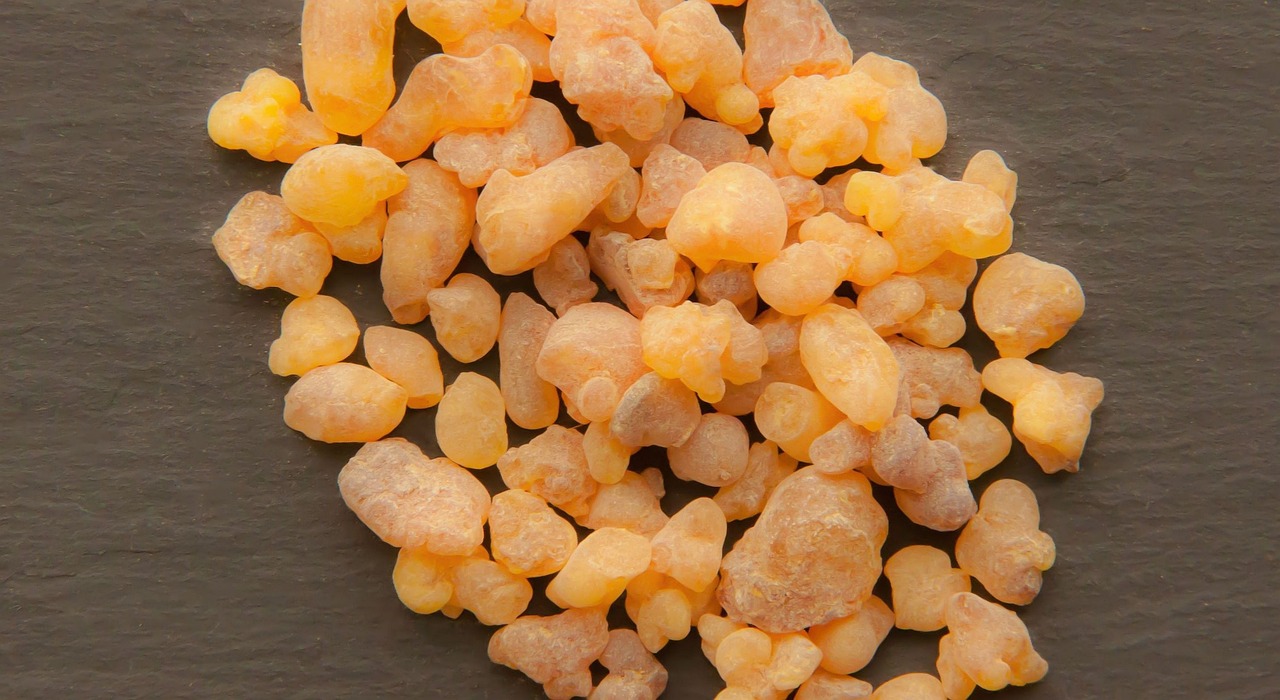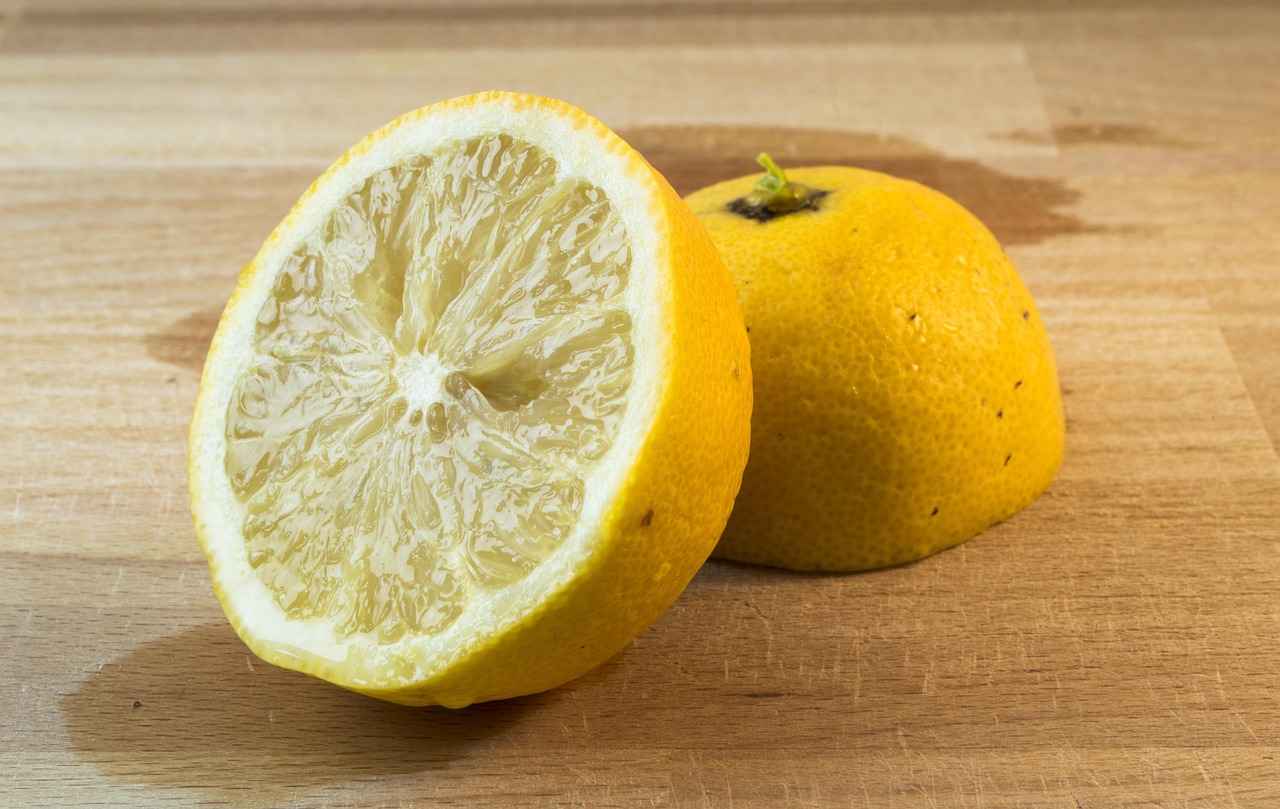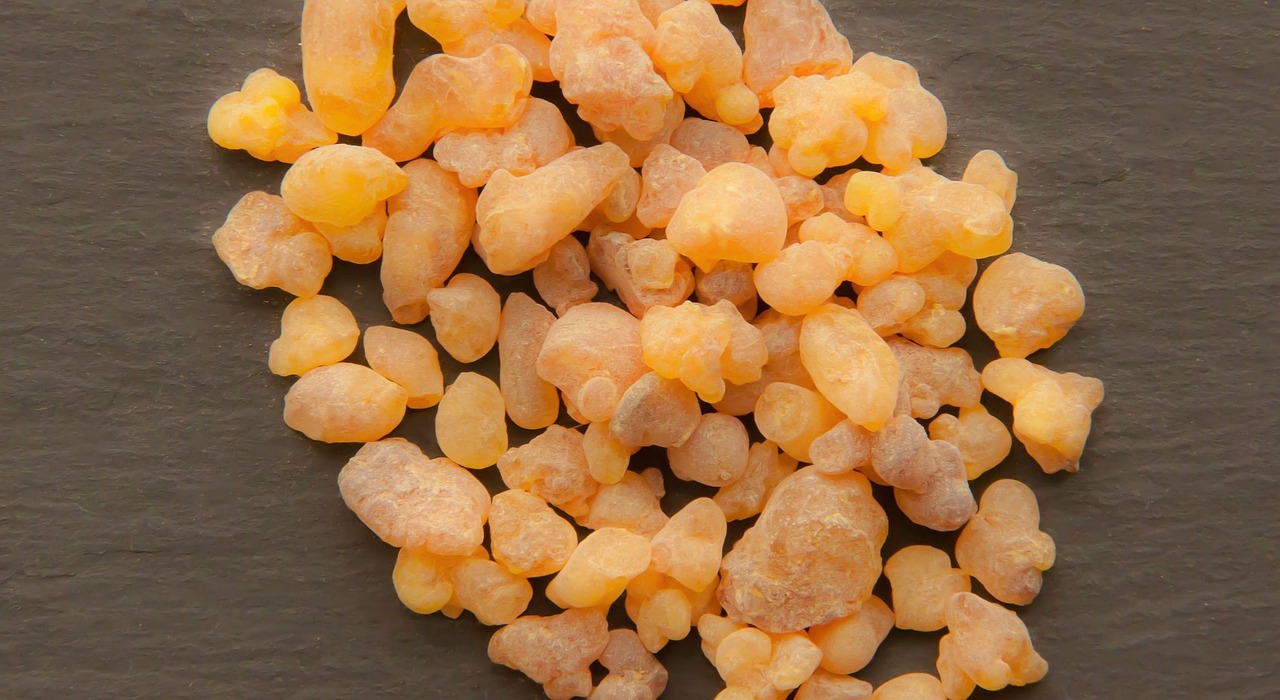This article explores the numerous benefits of resveratrol, a natural compound found in various plants, and its potential effects on aging and cardiovascular health. Resveratrol has gained significant attention for its promising health benefits, particularly in promoting longevity and heart wellness.
What is Resveratrol?
Resveratrol is a polyphenolic compound primarily found in grapes, berries, and peanuts. Its antioxidant properties have made it a subject of extensive research, focusing on its potential to combat aging and support heart health.
How Does Resveratrol Work?
This compound operates through various biological mechanisms, such as activating sirtuins, proteins linked to longevity, and reducing inflammation. These actions contribute to its anti-aging and cardiovascular benefits.
The Antioxidant Properties of Resveratrol
Resveratrol functions as a powerful antioxidant, neutralizing free radicals that contribute to cellular damage and aging. This property is essential for promoting overall health and longevity.
Sources of Resveratrol
- Red wine
- Dark chocolate
- Certain berries
Understanding these sources can help individuals incorporate more of this beneficial compound into their diets.
Resveratrol Supplements
For those who may not consume enough dietary sources, resveratrol supplements are available. However, it’s essential to consult healthcare professionals before starting any supplementation.
Resveratrol and Heart Health
Research suggests that resveratrol may improve heart health by lowering blood pressure, reducing LDL cholesterol, and enhancing overall vascular function, making it a potential ally in cardiovascular wellness.
The Science Behind Resveratrol and Aging
Studies have indicated that resveratrol may mimic the effects of caloric restriction, a known factor in longevity, by activating specific genes associated with aging and cellular repair.
Clinical Studies on Resveratrol
Numerous clinical trials have explored the effects of resveratrol on health outcomes. Results have shown promising effects, although more research is needed to fully understand its efficacy.
Potential Side Effects of Resveratrol
While generally considered safe, resveratrol may cause side effects in some individuals, including gastrointestinal issues or interactions with medications. Awareness of these potential risks is crucial.
Conclusion: The Future of Resveratrol Research
As research continues to evolve, resveratrol remains a topic of interest for its potential anti-aging and heart health benefits. Ongoing studies may uncover further insights into its role in promoting longevity and wellness.

What is Resveratrol?
Exploring Resveratrol’s Role in Anti-Aging and Heart Health
This article delves into the benefits of resveratrol, a natural compound found in various plants, and its potential effects on aging and cardiovascular health.
Resveratrol is a polyphenolic compound primarily found in grapes, berries, and peanuts. It has garnered significant attention for its antioxidant properties and potential health benefits, particularly in the realms of aging and heart health. This compound is part of a larger group of antioxidants that help combat oxidative stress in the body, which is linked to various chronic diseases.
How Does Resveratrol Work?
Resveratrol operates through multiple biological mechanisms. It is known to activate sirtuins, which are proteins associated with longevity and cellular health. Additionally, it plays a role in reducing inflammation and improving metabolic function, thereby contributing to its anti-aging and heart health benefits.
The Antioxidant Properties of Resveratrol
As a powerful antioxidant, resveratrol neutralizes free radicals that can cause cellular damage and accelerate aging. This protective effect is crucial for maintaining overall health and promoting longevity.
Sources of Resveratrol
- Red wine
- Dark chocolate
- Certain berries such as blueberries and cranberries
- Peanuts and pistachios
Understanding these sources can help individuals incorporate more of this beneficial compound into their diets.
Resveratrol Supplements
For those who may not consume enough dietary sources, resveratrol supplements are available. However, it’s essential to consult healthcare professionals before starting any supplementation to ensure safety and efficacy.
Resveratrol and Heart Health
Research suggests that resveratrol may improve heart health by lowering blood pressure, reducing LDL cholesterol, and enhancing overall vascular function. This makes it a potential ally in promoting cardiovascular wellness.
The Science Behind Resveratrol and Aging
Studies indicate that resveratrol may mimic the effects of caloric restriction—a known factor in longevity—by activating specific genes associated with aging and cellular repair processes.
Clinical Studies on Resveratrol
Numerous clinical trials have explored the effects of resveratrol on health outcomes. Results have shown promising effects, although more research is needed to fully understand its efficacy and potential applications in medicine.
Potential Side Effects of Resveratrol
While generally considered safe, resveratrol may cause side effects in some individuals, including gastrointestinal issues or interactions with medications. Awareness of these potential risks is crucial for safe consumption.
Conclusion: The Future of Resveratrol Research
As research continues to evolve, resveratrol remains a topic of interest for its potential anti-aging and heart health benefits. Ongoing studies may uncover further insights into its role in promoting longevity and wellness.

How Does Resveratrol Work?
Resveratrol is a fascinating compound that operates through a multitude of biological mechanisms, making it a subject of extensive research in the fields of anti-aging and cardiovascular health. One of its primary functions is the activation of sirtuins, a family of proteins that play a crucial role in regulating cellular health and longevity. By activating these proteins, resveratrol mimics the effects of caloric restriction, a well-known factor in promoting longevity.
In addition to its role with sirtuins, resveratrol is recognized for its potent anti-inflammatory properties. Chronic inflammation is a significant contributor to various age-related diseases, including heart disease and neurodegenerative disorders. By reducing inflammation, resveratrol helps mitigate these risks, contributing to overall health and longevity.
Moreover, resveratrol acts as a powerful antioxidant. It neutralizes free radicals—unstable molecules that can cause cellular damage and accelerate the aging process. By combating oxidative stress, resveratrol supports cellular repair and maintenance, further enhancing its anti-aging benefits.
Research has also highlighted resveratrol’s potential to improve vascular health. It may help lower blood pressure and improve circulation by promoting the production of nitric oxide, a molecule that relaxes blood vessels. This effect can lead to improved heart function and reduced risk of cardiovascular diseases.
In summary, resveratrol operates through a complex interplay of mechanisms that include activating longevity proteins, reducing inflammation, and providing antioxidant protection. These combined effects underscore its potential as a powerful ally in the pursuit of healthy aging and heart health.
The Antioxidant Properties of Resveratrol
Exploring the Antioxidant Properties of Resveratrol
Resveratrol, a natural compound found in various plants, is gaining significant attention for its remarkable antioxidant properties. This polyphenolic compound, primarily sourced from grapes, berries, and peanuts, plays a crucial role in combating oxidative stress, which is a major contributor to cellular damage and the aging process.
Understanding Oxidative Stress
Oxidative stress occurs when there is an imbalance between free radicals and antioxidants in the body. Free radicals are unstable molecules that can damage cells, leading to various health issues, including aging and chronic diseases. Resveratrol acts as a powerful antioxidant, effectively neutralizing these harmful free radicals, thereby promoting cellular health and longevity.
Mechanisms of Action
- Neutralization of Free Radicals: Resveratrol donates electrons to free radicals, stabilizing them and preventing cellular damage.
- Activation of Sirtuins: This compound activates sirtuins, proteins that play a role in cellular regulation and longevity.
- Reduction of Inflammation: Resveratrol also possesses anti-inflammatory properties, which further contribute to its antioxidant effects.
Health Benefits of Resveratrol
Research indicates that the antioxidant properties of resveratrol can lead to numerous health benefits, such as:
- Improved cardiovascular health by reducing blood pressure and cholesterol levels.
- Enhanced brain function through neuroprotective effects.
- Potential anti-cancer properties by inhibiting the growth of cancer cells.
Conclusion
In summary, the antioxidant properties of resveratrol are vital in promoting overall health and longevity. By neutralizing free radicals and reducing inflammation, resveratrol not only protects our cells but also supports various bodily functions. As research continues to uncover more about this powerful compound, it is clear that incorporating resveratrol into our diets could be beneficial for maintaining health as we age.
Sources of Resveratrol
Resveratrol, a powerful polyphenolic compound, is celebrated for its potential health benefits, particularly in the realms of anti-aging and heart health. To maximize the intake of this beneficial compound, it is essential to understand its common dietary sources. Below are some key foods and beverages that are rich in resveratrol:
- Red Wine: One of the most well-known sources of resveratrol, red wine is made from grapes that contain this compound in their skins. The fermentation process enhances the concentration of resveratrol.
- Dark Chocolate: High-quality dark chocolate, particularly those with a cocoa content of 70% or higher, is not only a delicious treat but also a source of resveratrol.
- Berries: Various berries, including blueberries, cranberries, and mulberries, are excellent sources of resveratrol. Incorporating these fruits into your diet can provide a natural boost of this antioxidant.
- Peanuts: Peanuts and peanut butter are also notable sources of resveratrol. They can be easily added to snacks or meals for an extra health benefit.
- Grapes: Besides their use in winemaking, fresh grapes, especially red and purple varieties, are rich in resveratrol, making them a great snack option.
Understanding these sources allows individuals to incorporate more resveratrol into their diets effectively. By making conscious choices about the foods and beverages consumed, one can enjoy the numerous health benefits associated with this remarkable compound.
In addition to these dietary sources, resveratrol is also available in supplement form, which can be considered for those who may not get enough from their diet. However, it’s advisable to consult with a healthcare professional before starting any supplementation.
Resveratrol Supplements
Resveratrol Supplements: A Comprehensive GuideResveratrol, a compound celebrated for its potential health benefits, particularly in the realms of anti-aging and heart health, is available not only through dietary sources but also in supplement form. For individuals who may struggle to incorporate sufficient amounts of resveratrol into their diets, supplements can be a convenient alternative.
However, before embarking on any supplementation journey, it is crucial to consult healthcare professionals. This step ensures that individuals receive tailored advice based on their unique health profiles and dietary needs. Here’s a deeper look into the world of resveratrol supplements:
- Understanding Resveratrol: Resveratrol is primarily found in the skin of red grapes, berries, and peanuts. Its antioxidant properties are believed to contribute to various health benefits.
- Supplement Forms: Resveratrol supplements come in various forms, including capsules, tablets, and powders. Each form offers a different way to incorporate this compound into your daily routine.
- Recommended Dosage: While there is no universally accepted dosage, many studies suggest a range of 100 to 500 mg per day. It’s essential to follow the recommendations provided by healthcare professionals.
- Potential Benefits: Research indicates that resveratrol may help reduce inflammation, improve heart health, and even enhance longevity. However, individual responses can vary.
- Side Effects and Interactions: Although generally safe, some individuals may experience gastrointestinal discomfort or interactions with medications. Awareness of these potential risks is vital.
In conclusion, while resveratrol supplements offer a promising avenue for those looking to boost their intake of this beneficial compound, professional guidance is indispensable. By consulting healthcare providers, individuals can make informed decisions that align with their health goals.
Resveratrol and Heart Health
Resveratrol has emerged as a significant compound in the realm of heart health, with various studies suggesting its potential benefits for cardiovascular wellness. This natural polyphenol, found in sources such as grapes, berries, and red wine, is garnering attention for its ability to positively impact heart function.
One of the primary ways resveratrol contributes to heart health is by lowering blood pressure. Elevated blood pressure is a major risk factor for heart disease, and resveratrol appears to help relax blood vessels, thus improving circulation. This vasodilatory effect can lead to a more efficient cardiovascular system, reducing the strain on the heart.
Additionally, resveratrol has been shown to reduce LDL cholesterol, often referred to as “bad” cholesterol. High levels of LDL can lead to plaque buildup in arteries, increasing the risk of heart attacks and strokes. By lowering LDL levels, resveratrol may help maintain healthier cholesterol profiles, contributing to overall heart health.
Moreover, resveratrol enhances vascular function by promoting endothelial health. The endothelium, a thin membrane lining the blood vessels, plays a crucial role in regulating blood flow and maintaining vascular integrity. Resveratrol’s ability to support endothelial function may lead to improved blood flow and reduced risk of cardiovascular diseases.
In conclusion, the potential benefits of resveratrol for heart health are supported by a growing body of research. Its ability to lower blood pressure, reduce LDL cholesterol, and enhance vascular function makes it a promising ally in the fight against heart disease. As more studies emerge, the understanding of resveratrol’s role in cardiovascular wellness continues to evolve, highlighting the importance of this compound in promoting heart health.
| Benefits of Resveratrol | Mechanism of Action |
|---|---|
| Lowering Blood Pressure | Promotes vasodilation |
| Reducing LDL Cholesterol | Inhibits cholesterol absorption |
| Enhancing Vascular Function | Supports endothelial health |
- Sources of Resveratrol:
- Red wine
- Dark chocolate
- Certain berries
- Considerations:
- Consult a healthcare professional before starting supplements.
- Monitor for any potential side effects.

The Science Behind Resveratrol and Aging
Recent studies have shed light on the intriguing properties of resveratrol, a natural compound found in plants such as grapes and berries. Research suggests that resveratrol may mimic the effects of caloric restriction, a well-known factor in promoting longevity. This compound appears to activate specific genes related to aging and cellular repair, potentially offering a pathway to healthier aging.
Caloric restriction has long been associated with increased lifespan in various organisms, and the mechanisms behind this phenomenon are complex. Resveratrol is believed to engage with the sirtuin family of proteins, which play a crucial role in regulating cellular health, metabolism, and aging. By activating these proteins, resveratrol may help improve cellular repair processes and enhance the body’s resilience against age-related diseases.
Moreover, resveratrol’s antioxidant properties contribute significantly to its anti-aging effects. It helps neutralize harmful free radicals that can lead to cellular damage and accelerate aging. By reducing oxidative stress, resveratrol supports the maintenance of healthy cells, which is vital for longevity.
In addition to its impact on aging, resveratrol has been studied for its potential benefits in heart health. Research indicates that it may lower blood pressure and improve overall vascular function, further supporting its role as a beneficial compound for aging individuals.
While the prospects of resveratrol are promising, it is essential to approach supplementation with caution. Consulting healthcare professionals before starting any new regimen is advisable to ensure safety and effectiveness. As research continues to unfold, resveratrol remains a captivating subject in the field of longevity and health.
In conclusion, the potential of resveratrol as a mimic of caloric restriction opens exciting avenues for further research. Its ability to activate genes associated with aging and cellular repair may hold the key to healthier aging and improved quality of life.
Clinical Studies on Resveratrol
Numerous clinical trials have explored the effects of resveratrol on various health outcomes, particularly its impact on aging and cardiovascular health. The findings from these studies have been promising, indicating that resveratrol may offer significant benefits, but they also highlight the necessity for further research to fully understand its efficacy and mechanisms of action.
One of the notable studies published in the Journal of Nutritional Biochemistry demonstrated that resveratrol could enhance endothelial function, which is crucial for maintaining vascular health. Participants who consumed resveratrol showed improved blood flow and reduced markers of inflammation, suggesting a potential role in preventing heart disease.
Another clinical trial focused on the effects of resveratrol on metabolic health. Results indicated that individuals taking resveratrol supplements experienced a decrease in insulin resistance and improved lipid profiles. This finding is particularly important as it points to resveratrol’s potential in managing conditions like type 2 diabetes, which is often linked to cardiovascular issues.
However, it’s essential to note that while these results are encouraging, the majority of studies have involved small sample sizes and short durations. More extensive and long-term studies are necessary to confirm these benefits. Additionally, the bioavailability of resveratrol—how well it is absorbed and utilized by the body—remains a topic of investigation, as it may vary significantly among individuals.
In conclusion, while the current body of research presents a favorable outlook on the health benefits of resveratrol, ongoing studies will be crucial in determining its true potential and establishing clear guidelines for its use in dietary supplementation.
Potential Side Effects of Resveratrol
While resveratrol is widely recognized for its beneficial properties, particularly in the realms of anti-aging and heart health, it is important to acknowledge that it may not be suitable for everyone. Although generally considered safe for most individuals, some may experience side effects that could affect their overall well-being.
- Gastrointestinal Issues: Some users report experiencing digestive problems such as nausea, diarrhea, or stomach cramps after consuming resveratrol. These symptoms can vary in severity and may require discontinuation of use.
- Allergic Reactions: In rare cases, individuals may have allergic reactions to resveratrol, leading to symptoms such as rash, itching, or difficulty breathing. If any of these symptoms occur, it is crucial to seek medical attention immediately.
- Drug Interactions: Resveratrol can interact with certain medications, particularly blood thinners, anti-inflammatory drugs, and medications for blood pressure. This can lead to either increased side effects or reduced effectiveness of the medications.
- Hormonal Effects: Some studies suggest that resveratrol may mimic estrogen in the body, which could pose risks for individuals with hormone-sensitive conditions.
Given these potential side effects, it is essential for individuals considering resveratrol supplementation to consult with healthcare professionals. They can provide personalized advice based on medical history and current medications.
Furthermore, awareness of these risks allows users to make informed decisions regarding their health and wellness. As research continues, understanding the full spectrum of resveratrol’s effects will be vital in maximizing its benefits while minimizing adverse reactions.
In conclusion, while resveratrol holds promise for promoting health, it is essential to approach its use with caution and awareness of potential side effects. Ongoing research will help clarify these risks and further elucidate the compound’s role in health management.

Conclusion: The Future of Resveratrol Research
As the field of nutraceuticals continues to expand, resveratrol has emerged as a significant topic of interest among researchers and health enthusiasts alike. This natural compound, primarily found in sources like grapes, berries, and peanuts, has been linked to a plethora of potential health benefits, particularly in the realms of anti-aging and cardiovascular health.
Research into resveratrol is ongoing, with scientists exploring its ability to activate sirtuins—proteins that play a crucial role in cellular longevity. By mimicking the effects of caloric restriction, resveratrol may contribute to enhanced cellular repair mechanisms, which are vital for promoting longevity and overall wellness.
- Antioxidant Effects: Resveratrol’s powerful antioxidant properties help neutralize free radicals that cause cellular damage, thereby potentially slowing down the aging process.
- Heart Health Benefits: Preliminary studies suggest resveratrol may improve heart health by lowering LDL cholesterol levels and enhancing vascular function, making it a promising ally for cardiovascular wellness.
- Dietary Sources: Common sources of resveratrol include red wine, dark chocolate, and certain fruits, which can easily be incorporated into a balanced diet.
Despite the promising findings, it is essential to approach resveratrol supplementation with caution. Consulting healthcare professionals is advised before starting any new supplement regimen, as individual responses can vary.
In conclusion, as research continues to evolve, resveratrol remains a captivating subject in the scientific community. Ongoing studies are expected to provide deeper insights into its mechanisms and long-term benefits, potentially paving the way for new health strategies aimed at promoting longevity and enhancing overall wellness.



